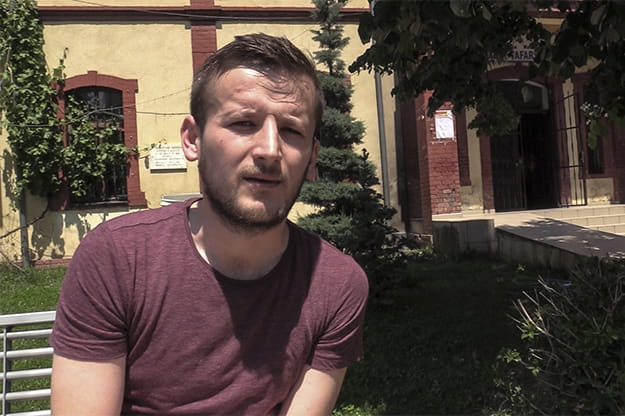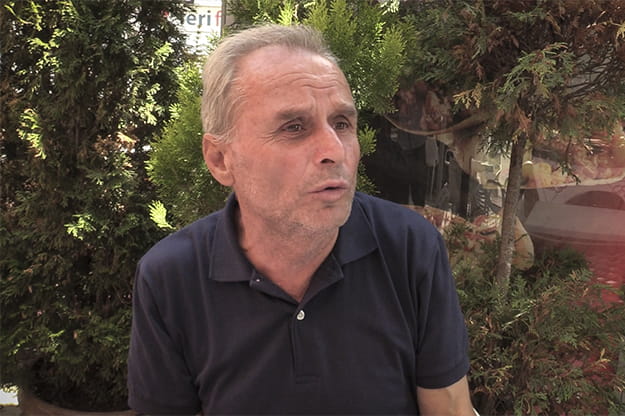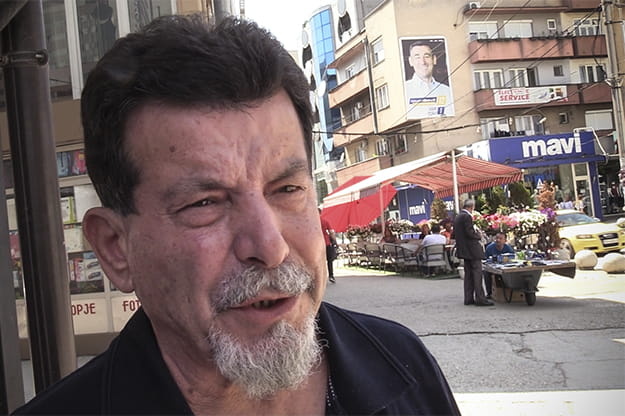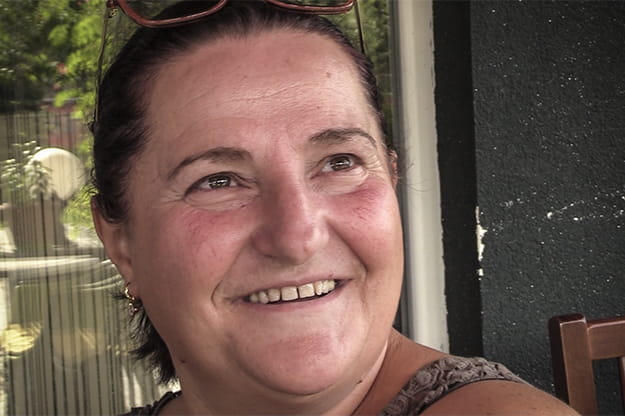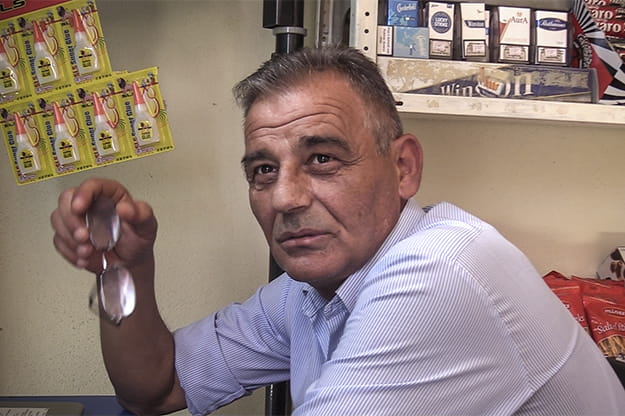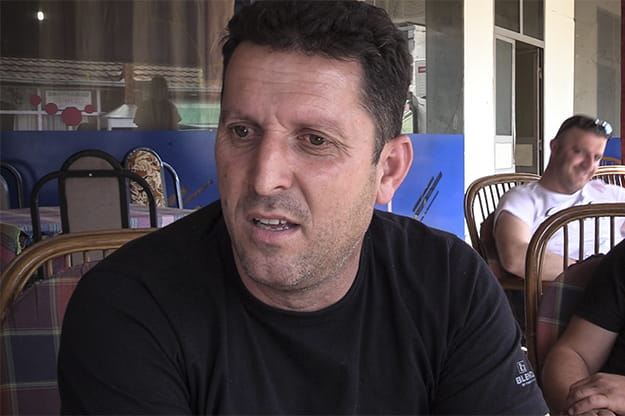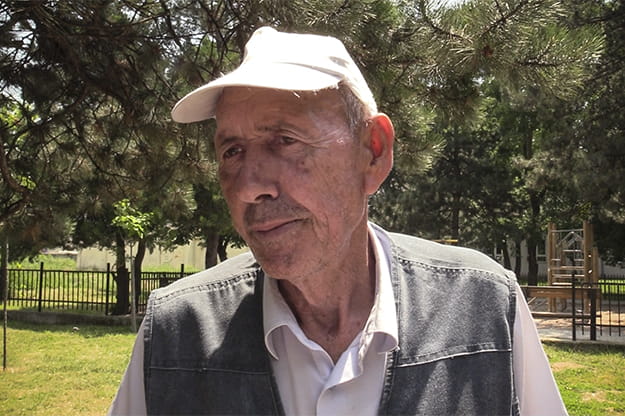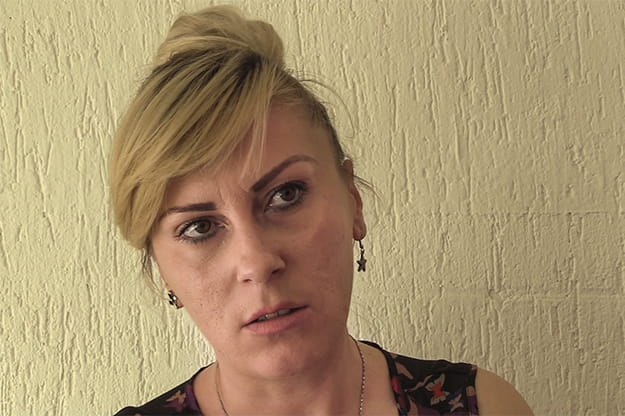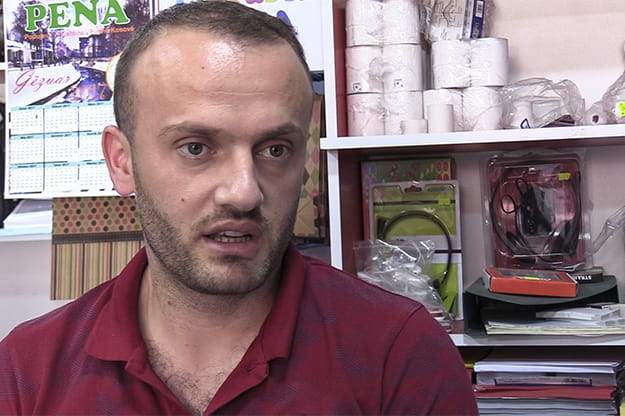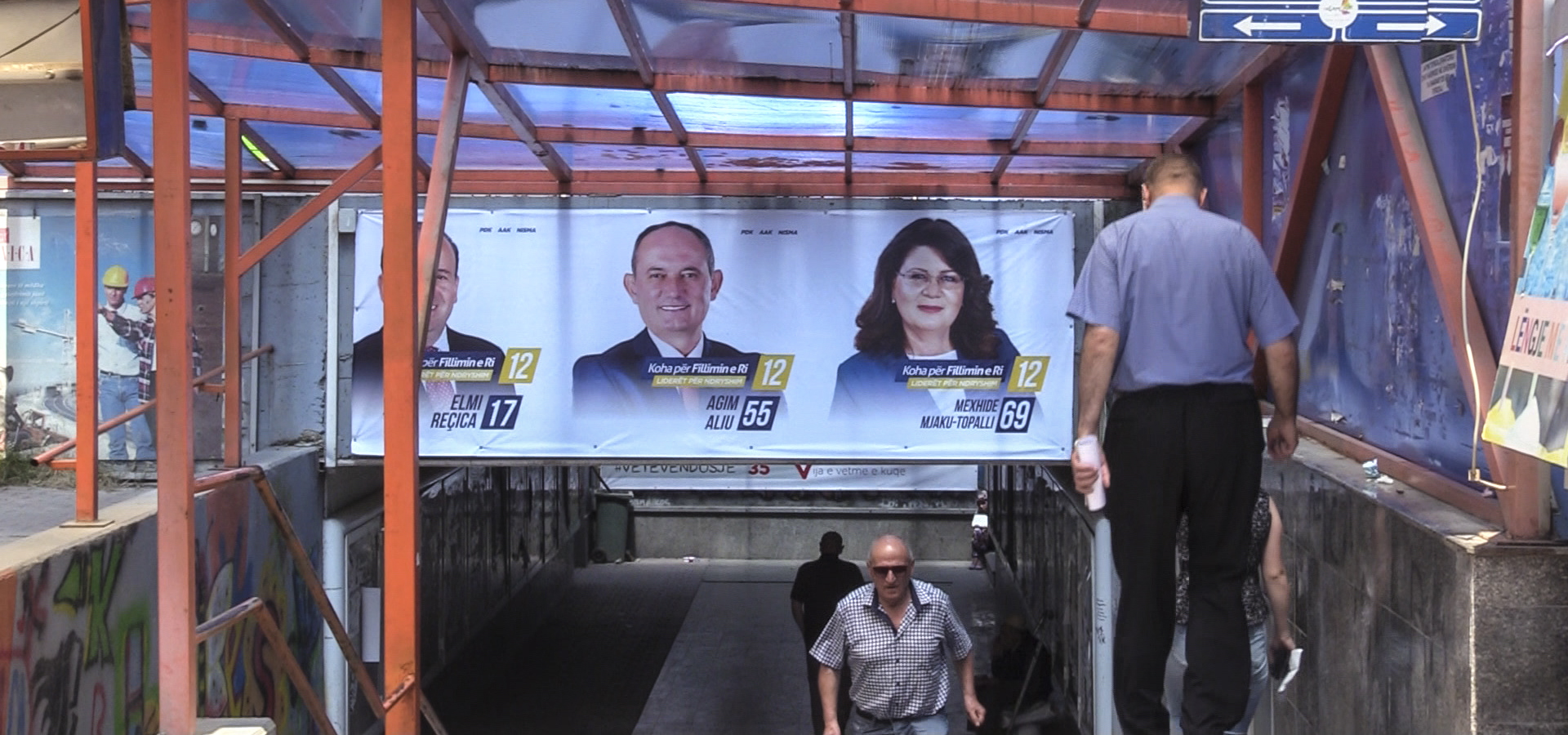
The collapse of political strongholds
Changes in voting trends in Ferizaj, Kacanik and Fushe Kosove.
“This attitude has been transformed into a vote for change, a vote for punishment and a vote for development.”
Behar Tafili, a citizen of Kacanik, insists that young people are seeking changes in policies and political figures, and that this change must happen, with new figures leading the way.
Fisnik Bajoku, citizen of Fushe Kosove, believes that this change is important because the electorate is finally not voting based on “family voting traditions,” but instead by analyzing what parties actually represent.

Ngadhnjim Avdyli
Ngadhnjim Avdyli is a former K2.0 staff journalist, covering mainly politics, governance and social justice issues. He has a degree in journalism from the University of Prishtina.
This story was originally written in Albanian.

